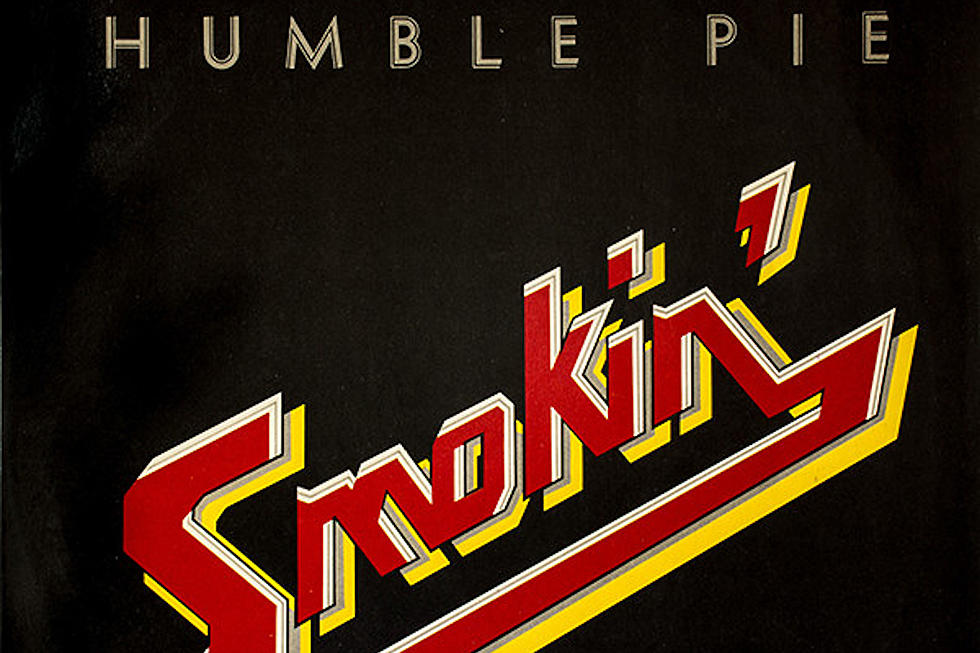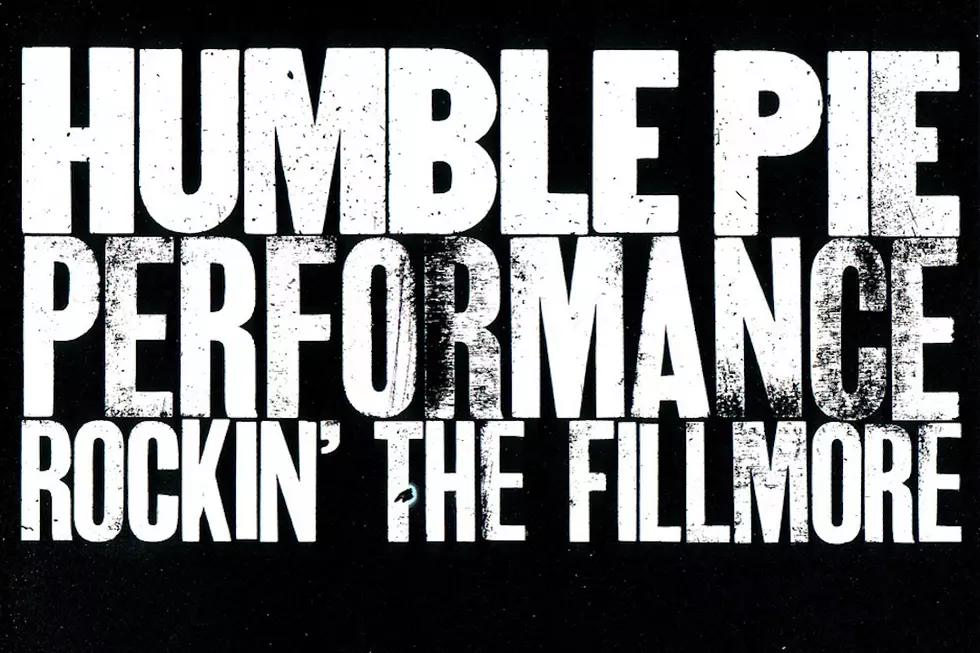
How Humble Pie’s Eponymous LP Showed Off Their Diversity
Humble Pie could think of no better name than their own to grace their third studio album, released in July 1970. In truth, however, this group led by erstwhile Small Faces member Steve Marriott and Peter Frampton, formerly of the Herd, was still figuring out exactly who they were.
Not even a year had transpired since the release of Humble Pie’s post-mod debut, As Safe as Yesterday Is, in August 1969. It had been just over six months since their pastoral sophomore effort Town and Country. Such was the accelerated pace of musical evolution in the late ‘60s that one can’t really blame the still-young band from rolling with the changes.
Their self-titled third project would ultimately go down as a transitional LP bridging the span between a Humble Pie that was still a sum of its components (including bassist Greg Ridley and drummer Kevin Shirley), and the Humble Pie that became one – and ultimately greater than the sum of those parts.
For now, this debut for A&M Records found Humble Pie shifting from the dreamy expanse of "Live With Me," "Sucking on the Sweet Vine" and Frampton's rather hippie-dippie "Earth and Water Song," to the unassuming country flavors of "Only a Roach" and "Theme From Skint," to the fierce and cocky hard rock of "One Eyed Trouser Snake Rumba," "I'm Ready" and "Red Light Mama, Red Hot!"
The latter direction would end up suiting Marriott's whims and soulful rasp the best, and Humble Pie would use that approach to barnstorm across the Atlantic in 1971 – first with their next, more focused studio effort, Rock On and then with the era-defining Performance: Rockin the Fillmore.
This tandem of LPs ultimately left the ambitious Frampton feeling too confined, creatively speaking, and pushed him out the door. Within a few years, he would attain an entirely different measure of super-stardom on his own terms.
Meanwhile, Marriott, Ridley, Shirley and new guitarist Clem Clempson simply soldiered on down their own self-appointed path of blues-rock devastation. Of course, they probably wouldn't have found their way there without the hybrid experiments undertaken on 1970's pivotal Humble Pie.
Bands With No Original Members
Was Peter Frampton’s ‘I’m In You’ Doomed to Fail?
More From Ultimate Classic Rock









